Jessica Fu for New Food Economy:
What they found was that the biggest beneficiary of new supermarkets were supermarkets themselves, which enjoyed an increased share of consumer spending.
The overall nutritional quality of a household’s grocery purchases, however, was not heavily impacted by a new store’s presence in the area. Nor was the proportion of a household’s budget spent on groceries. This was the case across the entire study and—most importantly—among “food deserts,” which the study defined as zip codes lacking a supermarket.
“Total expenditure shares across grocery stores, supercenters, and club stores [increased] by only a fraction of a percentage point in the full sample, with no statistically detectable effect in the food desert subsample,” the study reads. “Thus, the primary effect of supermarket entry is to divert sales from other supermarkets.”
[…]
“The deeper issue is really poverty,” Mitchell says. “Local grocery stores and other kinds of retail can help alleviate that, but they’re obviously only one part of the broader problem. While thinking about grocery store development, favoring the local grocer, and being very wary of a company like […] Dollar General as a solution to that problem makes a lot of sense, [it’s] not going to solve the whole thing. We need other kinds of economic development.”
In other words, there are no easy villains in a systemic issue like food access. While there is plenty of anti-dollar-store sentiment in that ongoing conversation, some researchers argue that dollar stores are often the only food option available to many communities that would otherwise have none.
Like I’ve said before on here, this issue is actually many issues coming together. Poverty, lack of knowledge about cooking, lack of time, cost of fresh produce, and the list goes on. This won’t be solved simply.
